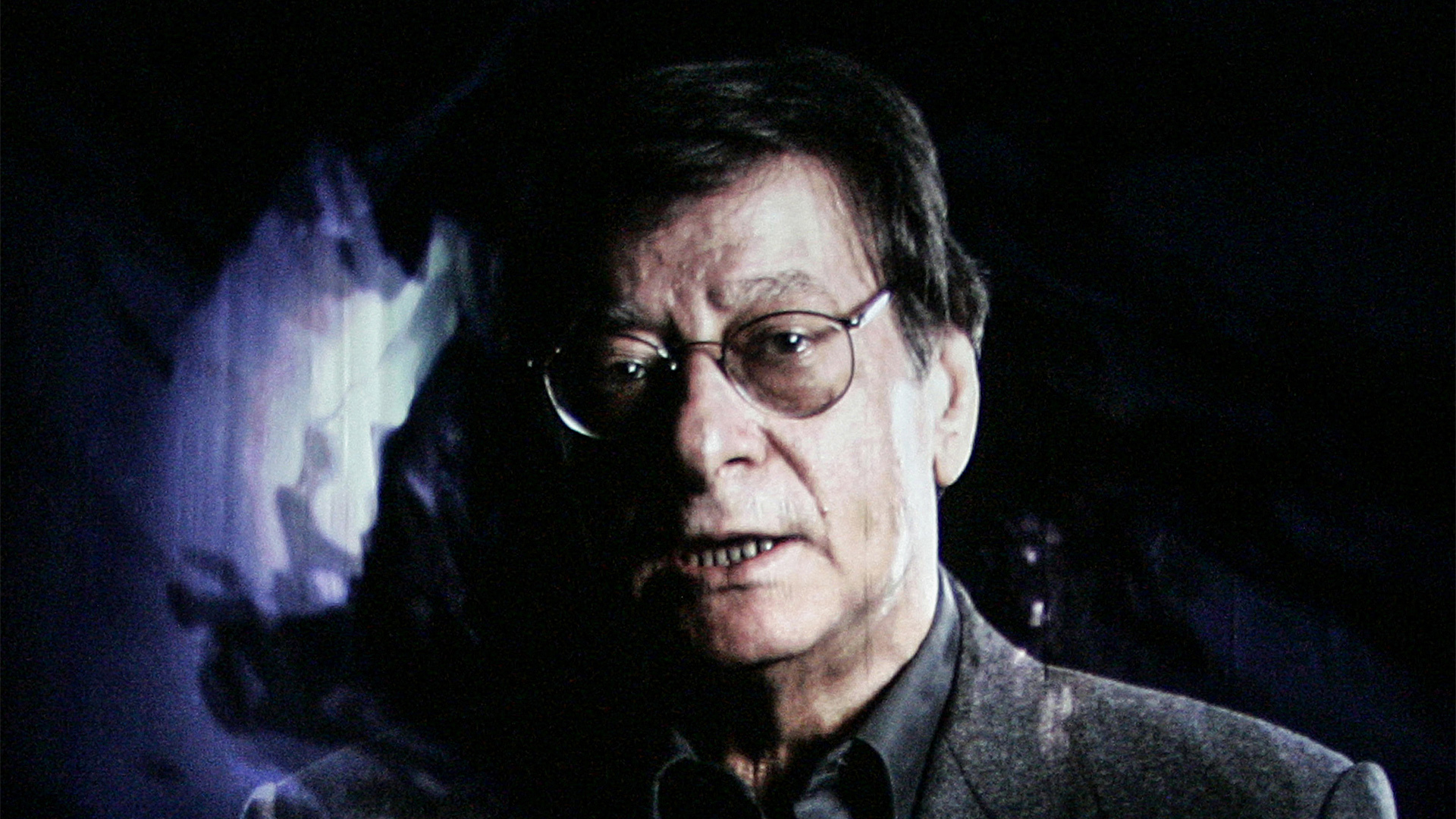When he was six years old, the words were firmly rooted in the memory of the Palestinian poet Mahmoud Darwish, and the soil of his village “Al-Birwa” in the Galilee near the coast of Acre in Palestine was shaking under the feet of its fleeing sons with their skin.
But the horse did not escape, but inhabited the land in which it grew. Neither the dust of that dirt left Darwish, so it stuck in his mind forever, and in 1995 a book “Why did you leave the horse alone?” was created from him.
To embody the night of displacement:
And who lives in the house after us, my father?
It will remain as it was, my son
Why did you leave the horse alone?
"In order to make the house feel comfortable, my son."
Homes die if their residents are absent.
The houses disappeared and Israel demolished his village, and Darwish stood on this when he returned from Lebanon with his family illegally, the legitimacy as known by Israel, which invoked this to classify him as the present absent. Ask him about his nationality:
Sign up, I'm an Arab
And my card number is fifty thousand
And my children are eight
And the ninth will come after summer
Are you angry?"
Although he saw that his biography was normal, he did not want to underline it, and left it to those who wanted to read it in his poems that conveyed the Palestinian wound to the world. The facts indicate that Darwish was placed under house arrest in Haifa, so he spent 10 years there, and finished his secondary education and worked as an editor in Al-Ittihad newspaper until To retrieve an identity card was like a residency card, as he says, "The police had the right to come at night to check my presence, and I was arrested every year and put in prison without trial, then I had to get out."
He went to Moscow to study in 1970, and his first stop was outside house arrest, then he moved a lot, where he lived in Cairo, which inhabited him with its literature and culture, and then Beirut, which he left afflicted with a beautiful disease called nostalgia, as he described it. Nostalgia left him alone.
"in Damascus
stranger sleeps
standing on his shadow
Like a minaret in the bed of eternity
Do not long for a country
or anyone."
In Paris, his poetic birth was completed, as he said, but his moral duty made it imperative for him to return to Ramallah from his exile, so he kept moving between it and Amman, the neighbor he chose as a haven for writing.
Darwish wrote many poems and words dealing with the Palestinian wound:
“On this earth there is what is worth living.. on this earth there is a lady.”
The earth, the mother of beginnings or the mother of all ends, was called Palestine
Palestine.
My lady, I deserve, because you are my lady, I deserve life."
And because life is also his mother, he singled her out with a poem that the Baron's sons still recite after him:
“I love my life because if I die I will be ashamed of my mother’s tears.”
And the Palestinian poet wanted to break the stereotyped image of the Arab intellectual from the Jews of Israel, so that made him more humane and open than them, he said.
With these, he engaged in peace talks in his own way:
“O you who stand on the thresholds, enter!
And drink Arabic coffee with us
You may feel that you are human like us."
And to another imaginary killer during the siege of Jenin says:
"If you leave the fetus"
Thirty days, so I changed the possibilities:
The occupation may end and he doesn't remember that
The baby during the siege
He grows up as a healthy child and becomes a young man
He studies in one institute with one of your daughters
ancient asia history
They may fall in love together
They may have a daughter (who is Jewish by birth)."
And whoever chose to be on one wave with these words fell in love with a Jew, critics differed over whether it was real or imagined, but he said in it one of his most beautiful poems, at a time when he could be accused of treason for an act like this, but it was an impossible love:
"Between Rita and my eyes is a gun
We have a million birds and a picture
And many appointments
I shot her...a rifle."
Did you leave the horse alone?
Darwish passed away in 2008 after an open heart operation in America, leaving 26 books and works translated into 22 languages to his credit.
The Palestinian poet dismounted, did he also leave the horse alone?!
Did he also leave the horse alone?!
As if I had died before now
I know this vision, and I know that I
I go to what I don't know.
Maybe you're still alive somewhere,
And I know what I want...
Someday I will be."
It is mentioned that the Reflections episode also dealt with various topics, including: Yazid bin Al-Muhallab with Arabic, and the origin of the words “Tabassum” and “Cup”, and the meaning of the Arabic proverb: “You are sick and I am sick, so how do we agree?

